
Rabbi Eliyahu Chaim Rosen
Founder and dean of the Breslov Yeshivah in Jerusalem. Reb Eliyahu Chaim was born in Pottosk, Poland and orphaned as a very young boy...

Rabbi Eliyahu Chaim Rosen
(1899 – 1984) Founder and dean of the Breslov Yeshivah in Jerusalem. Reb Eliyahu Chaim was born in Pottosk, Poland and orphaned as a very young boy. At five he was sent to study Torah away from home. Excelling in his studies, he was admitted to the famous Lomzer Yeshivah when only twelve. There he found a Tikkun HaKlali and met a Breslover Chassid who convinced him to travel to Uman. He arrived in Uman in 1914 and was extremely impressed that Rebbe Nachman's followers, though definitely chassidim, paid strict adherence to the Halakhah as delineated in the Shulchan Arukh – without what is commonly known as chassidic "twists."
While in Uman he heard that Rebbe Nachman had said: "The most difficult spiritual devotion is far easier than a simple physical transaction." Not understanding this, he sought an explanation from Reb Avraham Chazan. The then leader of the Breslover Chassidim replied simply, "Hitbodedut is the greatest spiritual devotion one can perform. All it takes is speaking with one's mouth. Even earning just a small amount of money requires more effort than that." From then on, Reb Eliyahu Chaim remained in Uman under Reb Avraham Chazan's tutelage.
A resident of Uman for twenty-two years, he was instrumental in the survival of many Breslover Chassidim in Uman and its environs during the famine which swept the Ukraine in 1933. He organized shipments from the breadlines in Moscow, mailing food back to Uman. He also applied to the Joint Distribution Committee for assistance. This last act caused him to be arrested by the NKVD (predecessor of the KGB) in November 1935, when both he and Reb Levi Yitzchok Bender were charged with making contact with foreign organizations. They were imprisoned, put on "trial," and were under threat of having the death sentence passed against them. However God was with them and a Jewish official in the Ministry of Justice in Kiev was put in charge of their case. Being close to the Breslover Chassidim, this official won them a reprieve. They were permitted to return home, but under "city arrest," forbidden to leave Uman.
Despite this, Reb Eliyahu Chaim returned immediately to Moscow. Even before the famine, in 1931, he had made a request to emigrate to Israel, so that upon his return he found his exit visa waiting for him. Reb Eliyahu Chaim fled to Jerusalem, arriving there in early summer 1936. He took up residence in the Meah Shearim quarter of "new Jerusalem" and established the Breslov Yeshivah in the Old City, in 1937. In early 1953, Reb Eliyahu Chaim initiated the construction of what is today the home of the Breslover Shul and Yeshivah on Meah Shearim Street in Jerusalem. For this, he was ridiculed even by some of the leading Breslover Chassidim. "For whom are you building such a large shul" he was asked. (There were maybe 150 Breslover Chassidim in all of Israel at the time.) Today, nearly forty years later, his brilliant foresight can no longer be questioned. The synagogue, despite its size, is not quite large enough to house the growing numbers of Breslover Chassidim in our generation.
As an address for the brokenhearted, Reb Eliyahu Chaim was the number one stop. Anyone with a heavy heart who came to see him, walked away wondering why he'd been so troubled. It's not that the problems suddenly disappeared. Rather, they remained and were real, but with Reb Eliyahu Chaim's razor-sharp mind, all the accompanying pressures and anxieties had been analyzed, all the excess factors had been cut away. Now, all the person had to deal with was the one point around which the problem really centered and through which he would be able to correct his situation. He would always say, with a broad smile, "The Torah has Five Books. The Shulchan Arukh comprises four volumes. What happened to the fifth volume? This corresponds to one's common sense, knowing where and how to apply your knowledge."
Reb Eliyahu Chaim's inner strength and joy were ever-present. His level of yishuu hadaat (calmness and serenity) had no equal. His body weakened by typhus and other illnesses during his early years, he was quite weak towards the end of his life. Yet, as the true Breslover Chassid he was, he never missed reciting Chatzot and practicing hitbodedut. When asked how he found the strength for such devotions, he replied, "If you get used to it when you are young, it comes automatically after so many years." He taught us, over and over again, never to do anything without hitbodedut. During his last year, when he was in bed most of the time, he said, "What would I be able to do now, if I didn't have Rebbe Nachman's advice of hitbodedut."


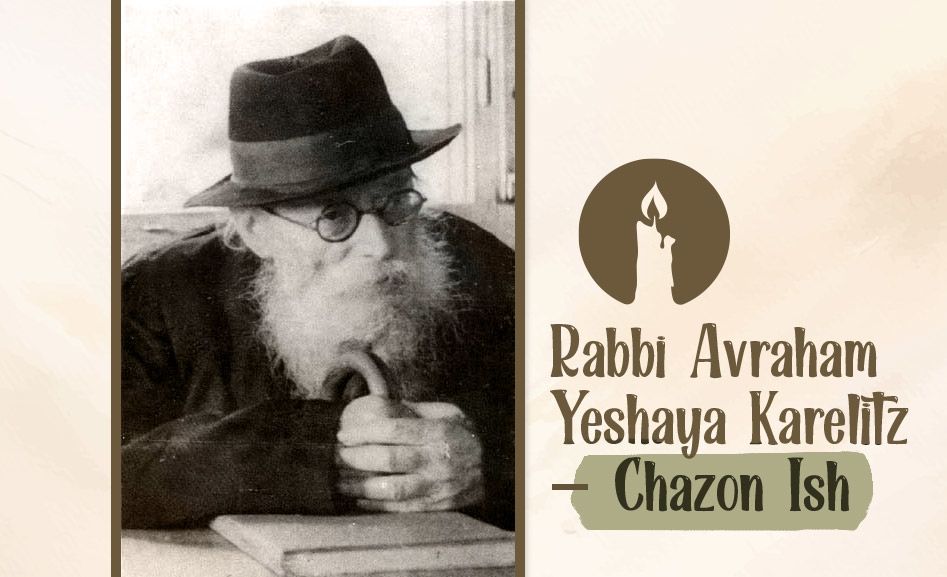

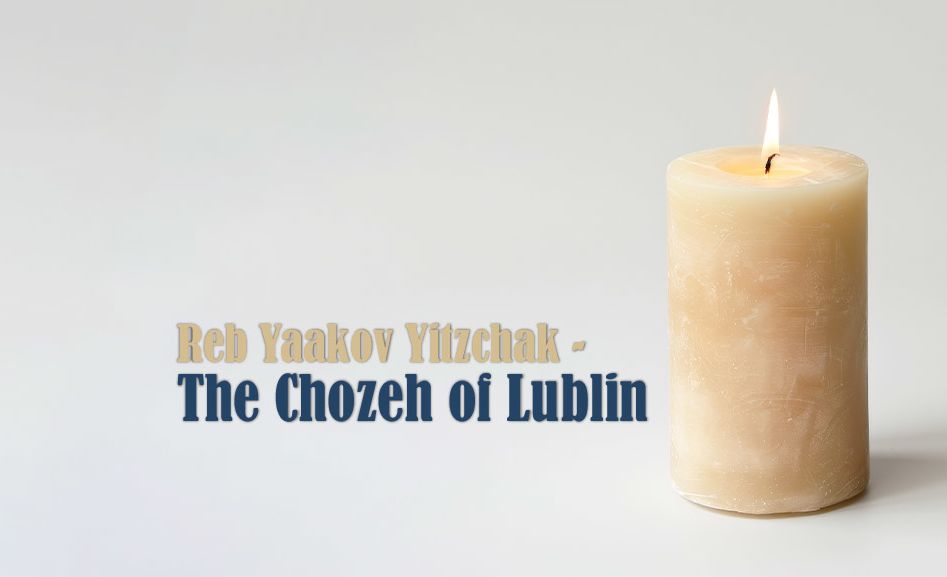
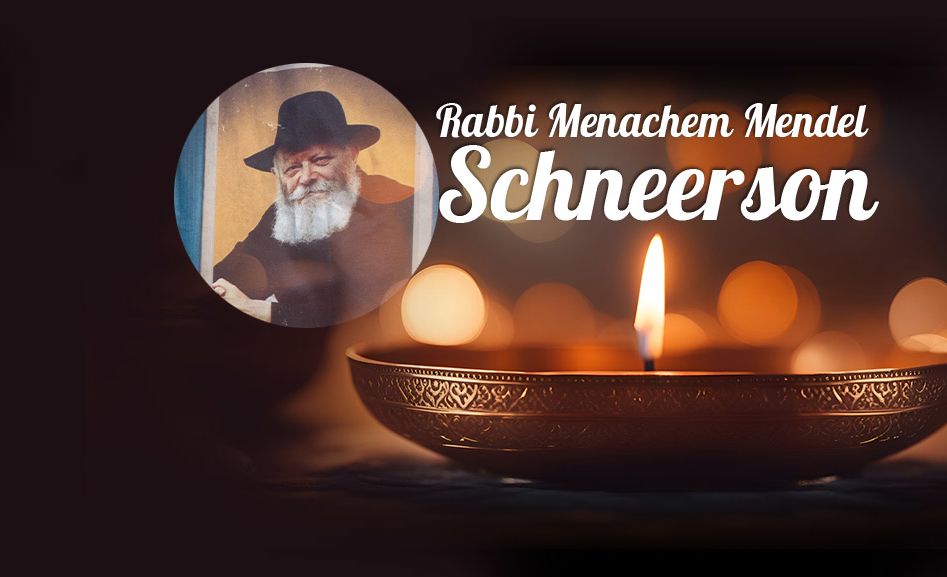

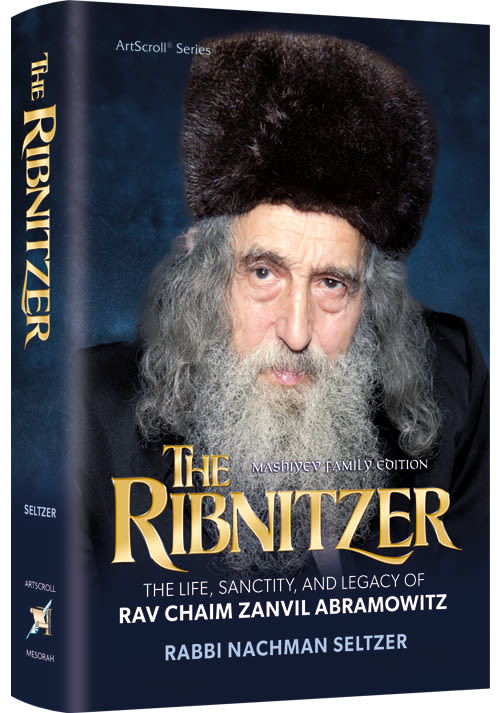
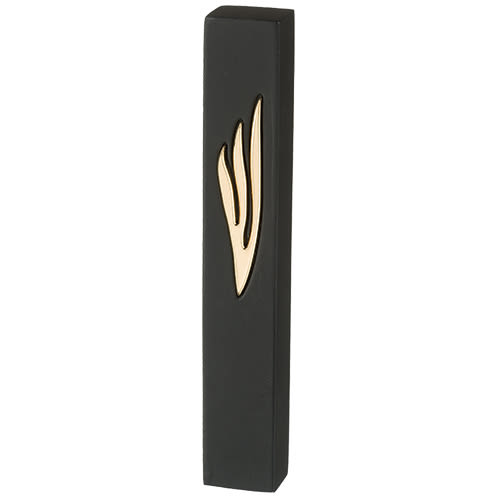
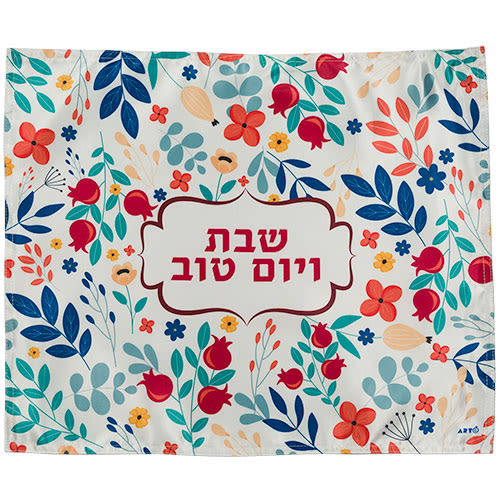
Tell us what you think!
Thank you for your comment!
It will be published after approval by the Editor.